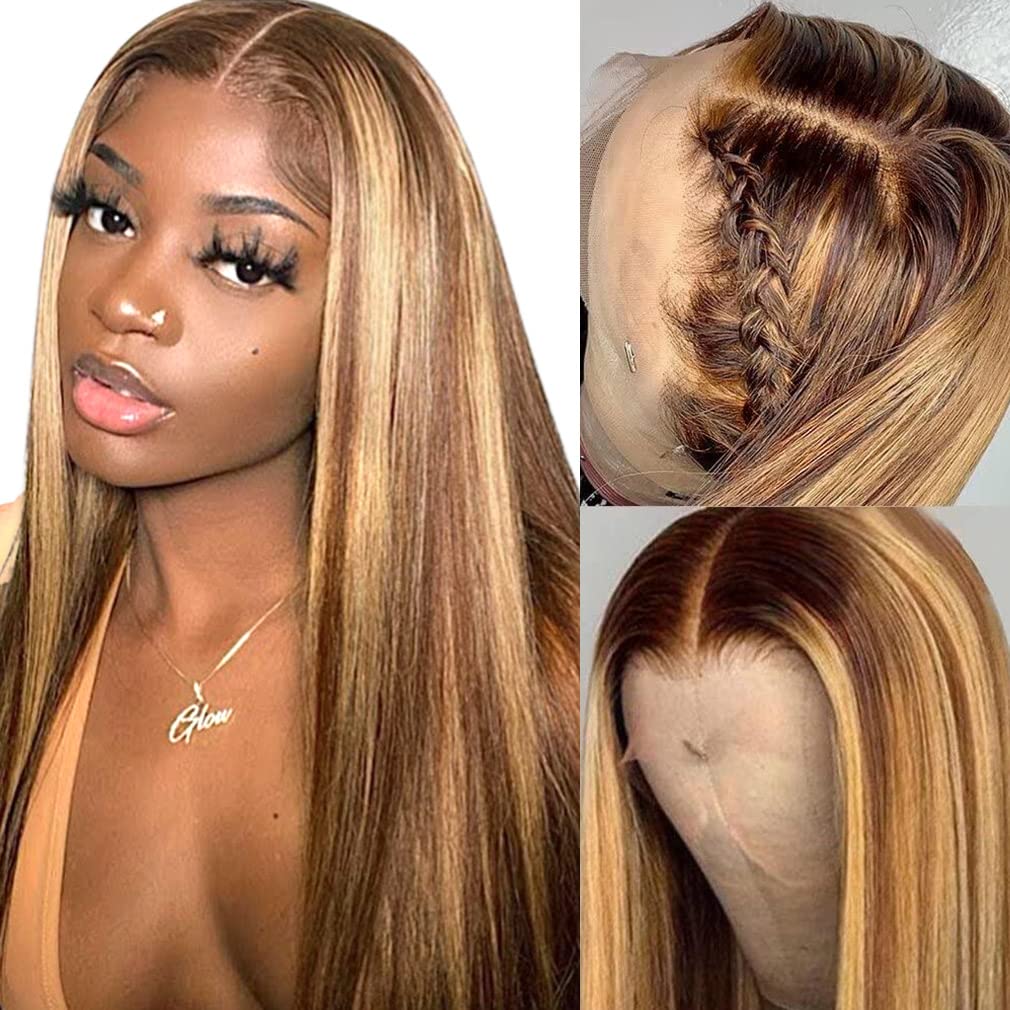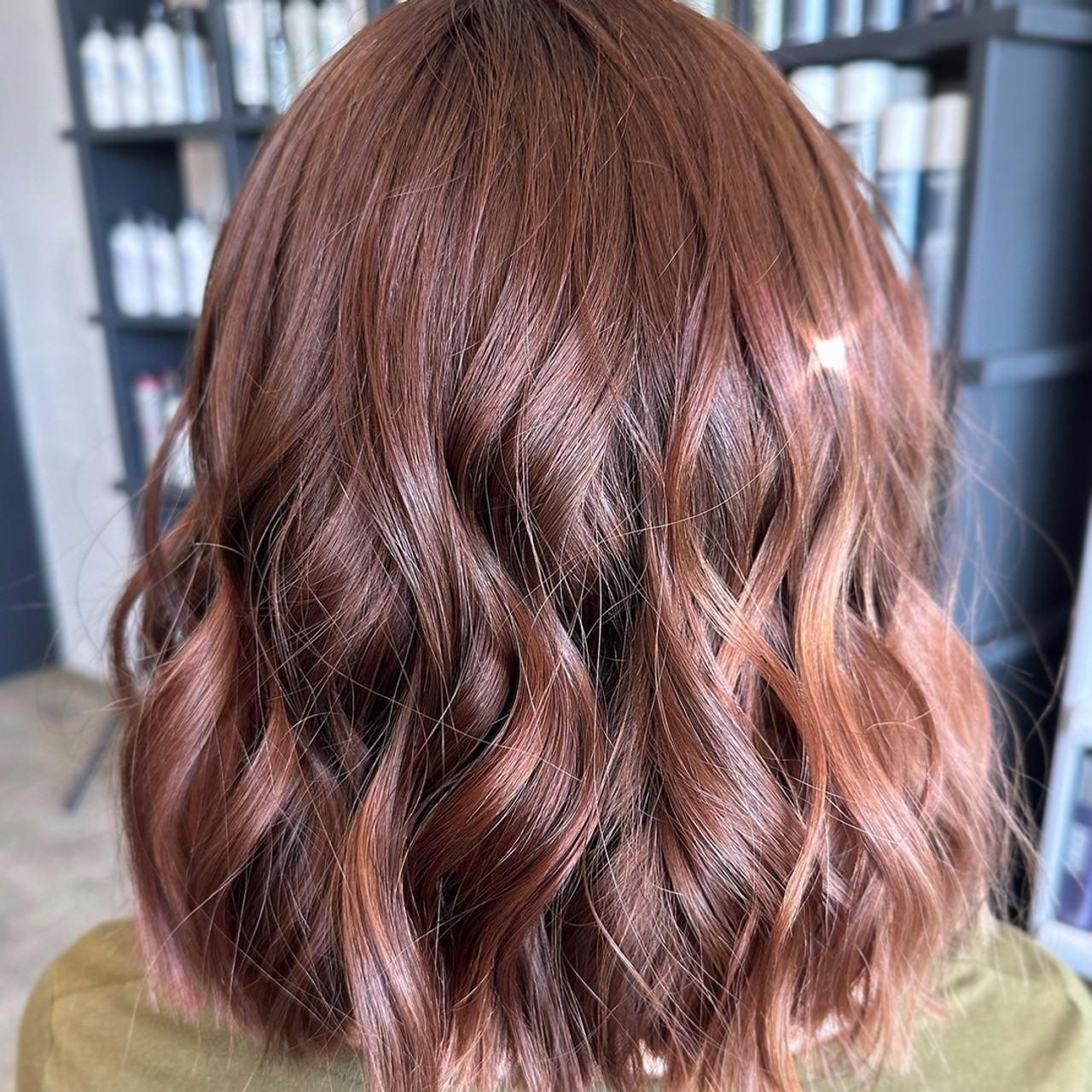
Magnesium-Rich Diets: Your Secret to Preventing Hair Loss?
The Best Magnesium for Hair Growth
Magnesium plays a pivotal role in maintaining hair health. Many people overlook this essential mineral. However, understanding its influence on hair growth is crucial. Various forms of magnesium exist, and not all benefit hair growth equally. This article delves into the best magnesium types for enhancing hair health and growth.
Importance of Magnesium for Hair Health
Magnesium is an essential mineral that significantly contributes to various bodily functions. It aids in protein synthesis, which is vital for hair growth. Additionally, magnesium supports the regulation of calcium levels in the body. High calcium levels can hinder hair growth, resulting in weak strands and hair loss. Therefore, maintaining a balanced level of magnesium is crucial.
Moreover, magnesium helps reduce stress levels. Stress often leads to hair loss and thinning. By increasing magnesium intake, individuals can help alleviate stress, thus potentially improving hair growth. Researchers also link magnesium to the maintenance of healthier hair follicles. Healthy hair follicles are essential for optimal hair production.
Furthermore, magnesium contributes to improved blood circulation. Improved circulation ensures that hair follicles receive necessary nutrients and oxygen. This process directly impacts hair growth rates and overall hair vitality. Therefore, incorporating magnesium can lead to strong, shiny, and thicker hair.
In conclusion, magnesium is indispensable for maintaining hair health. Individuals should prioritize magnesium-rich foods or supplements. This practice not only enhances overall health but also supports hair growth. The benefits of magnesium extend to various areas of wellness. Ultimately, a focus on magnesium can lead to healthier hair.

Types of Magnesium Supplements
Several magnesium supplements exist on the market. Each form of magnesium offers distinct advantages and absorption rates. The most common types include magnesium oxide, magnesium citrate, magnesium glycinate, and magnesium malate. Understanding their differences can aid in making an informed decision.
Magnesium Oxide is one of the least absorbable forms of magnesium. It is often used to relieve constipation due to its laxative properties. However, it may not be the best choice for hair growth.
Magnesium Citrate is more easily absorbed by the body. This form is effective for individuals seeking to improve digestion and overall magnesium levels. While it aids in hair growth, better options exist.
Magnesium Glycinate stands out due to its excellent absorption rate. It combines magnesium with glycine, a calming amino acid. This combination not only improves magnesium levels but also reduces anxiety. Reduced stress levels can significantly benefit hair growth rates.
Magnesium Malate is another beneficial form. It combines magnesium with malic acid, aiding in energy production. This form is suitable for physically active individuals. Thus, it supports improved energy levels while potentially enhancing hair growth.
In summary, while various forms of magnesium exist, some are better than others for hair growth. Magnesium glycinate and magnesium malate remain top choices. Individuals should assess their needs and preferences before selecting a supplement.

Foods High in Magnesium
Diet can significantly influence magnesium levels. Including magnesium-rich foods can help achieve optimal hair health. Some excellent dietary options include nuts, seeds, whole grains, and leafy greens. Each of these food groups contributes to increased magnesium intake.
Nuts such as almonds, cashews, and Brazil nuts are excellent sources. They not only provide magnesium but also healthy fats. These fats are beneficial for maintaining hair moisture and shine.
Seeds, including pumpkin seeds and sunflower seeds, are rich in magnesium. They also provide essential fatty acids that nourish hair. Incorporating seeds into daily meals can improve magnesium levels significantly.
Whole grains like brown rice and quinoa are excellent sources of magnesium. They also provide fiber, which supports overall gut health. A healthy gut ensures better nutrient absorption, contributing to hair vitality.
Leafy greens such as spinach and kale also score high in magnesium. These vegetables are versatile and can easily be added to various dishes. A diverse diet packed with these foods ensures adequate magnesium intake.
In conclusion, incorporating magnesium-rich foods into the diet is a practical way to support hair growth. Consuming a variety of these foods helps achieve optimal magnesium levels. Ultimately, this dietary approach can lead to healthier, stronger hair over time.
Recommended Daily Magnesium Intake
Understanding the recommended daily magnesium intake is crucial. The amount varies by age, sex, and individual health conditions. For adult males, the recommended daily allowance (RDA) is around 400-420 mg. Adult females require approximately 310-320 mg daily. Pregnant and breastfeeding women may require higher amounts.
Factors influencing magnesium needs include physical activity levels, stress, and dietary habits. Athletes or highly active individuals may need more magnesium. Stressful lifestyles can also deplete magnesium levels faster. Thus, awareness of personal health conditions is essential.
Consuming a balanced diet rich in magnesium can help meet daily requirements. However, some individuals may struggle to achieve these levels through diet alone. In such cases, supplementation becomes essential. Individuals should consult a healthcare professional before starting any supplements.
It’s crucial to remember that excessive magnesium intake can cause adverse effects. Symptoms of toxicity may include diarrhea, nausea, and abdominal cramping. Therefore, individuals must find a balance that works best for them.
In summary, understanding the recommended daily magnesium intake helps manage hair health. Meeting daily requirements through diet and supplementation supports optimal hair growth. Individuals should remain aware of their unique health needs and adjust accordingly.

Other Nutrients that Aid Hair Growth
While magnesium is crucial for hair growth, several other nutrients play vital roles. Vitamins and minerals such as vitamin D, vitamin E, and zinc significantly contribute to hair health. Understanding these nutrients can provide a holistic approach to hair growth.
Vitamin D enhances cell production in hair follicles. Low levels of vitamin D correlate with hair loss conditions like alopecia. Encouraging sunlight exposure and consuming vitamin D-rich foods can help maximize hair growth.
Vitamin E is a powerful antioxidant that protects hair from oxidative stress. This stress can lead to hair damage and loss. Including nuts, seeds, and green leafy vegetables can boost vitamin E intake for better hair health.
Zinc is another essential mineral for hair growth. It helps in repairing hair tissue and supporting follicle function. Foods like beans, nuts, and whole grains supply zinc, enhancing hair quality.
Moreover, omega-3 fatty acids should not be overlooked. These fatty acids nourish hair follicles, promoting growth. Fatty fish, flaxseeds, and walnuts are excellent sources of omega-3.
In conclusion, a combination of nutrients supports hair growth. While magnesium is essential, vitamins and minerals work together holistically. A dietary approach that includes these nutrients will optimize hair health. Overall, a comprehensive strategy is vital for achieving strong and vibrant hair.
Lifestyle Changes to Support Hair Growth
Lifestyle changes can significantly impact hair health and growth. Stress management, regular exercise, and sufficient sleep are crucial aspects. Each of these factors contributes to a conducive environment for hair growth.
Chronic stress negatively affects hair health. It can lead to hair loss conditions such as telogen effluvium. Implementing stress-reduction techniques like meditation or yoga can significantly benefit hair.
Regular exercise improves blood circulation throughout the body. Enhanced circulation ensures hair follicles receive adequate nutrients. Moreover, physical activity helps regulate stress levels, further aiding hair growth.
Furthermore, adequate sleep is vital for overall health. Sleep deprivation can disrupt hormone levels, including those related to hair growth. Prioritizing 7-8 hours of quality sleep is essential for hair vitality.
Hydration also plays a critical role. Drinking sufficient water supports overall health. It ensures that cells, including hair cells, remain hydrated and nourished. Dehydration can lead to dry, brittle hair that is prone to breakage.
In summary, adopting a healthy lifestyle is essential for optimal hair growth. Managing stress, exercising regularly, sleeping well, and staying hydrated work synergistically. Collectively, these changes create a supportive environment for hair to thrive.

Consulting Health Professionals
Individuals facing hair loss or thinning should consider consulting health professionals. A healthcare provider can assess magnesium levels and overall health. Understanding individual hair growth issues can lead to tailored solutions.
Testing magnesium levels may provide insights into deficiencies. Therefore, blood tests can reveal whether supplementation is necessary. A healthcare provider can recommend an appropriate form and dosage.
Moreover, nutritionists can offer guidance on dietary approaches. They can assist individuals in creating balanced meal plans rich in magnesium. A proper diet supports hair growth more effectively than isolation of single nutrients.
Furthermore, dermatologists can evaluate hair and scalp conditions. They can diagnose specific hair loss issues and recommend treatments accordingly. Successful management requires an understanding of the underlying cause.
In conclusion, consulting health professionals ensures a comprehensive approach to hair growth. Understanding the nuances of individual needs aids in achieving optimal hair health. A collaborative effort between individuals and professionals can lead to improved outcomes.
Final Thoughts on Magnesium and Hair Growth
Magnesium is critical for healthy hair growth. Incorporating adequate magnesium through diet or supplements enhances overall health. Furthermore, the various forms of magnesium each offer unique benefits. Hence, individuals should choose wisely based on their specific needs.
Incorporating magnesium-rich foods into daily diets is essential. This approach provides a natural source of the mineral while benefiting overall health. Moreover, combining magnesium with other hair-supporting nutrients creates a comprehensive dietary strategy.
Lifestyle changes contribute immensely to hair growth. Incorporating stress management, regular exercise, and adequate sleep all support hair health. Together, these strategies create an environment conducive to growth.
Individuals facing persistent hair issues should seek guidance from health professionals. Understanding personal health needs allows for tailored approaches. Consulting with medical specialists ensures that individuals receive comprehensive care.
Ultimately, prioritizing magnesium and a holistic approach fosters healthy hair growth. With consistent effort and informed choices, achieving vibrant and strong hair is attainable. Individuals can significantly enhance their hair vitality through dedication to health and wellness.

